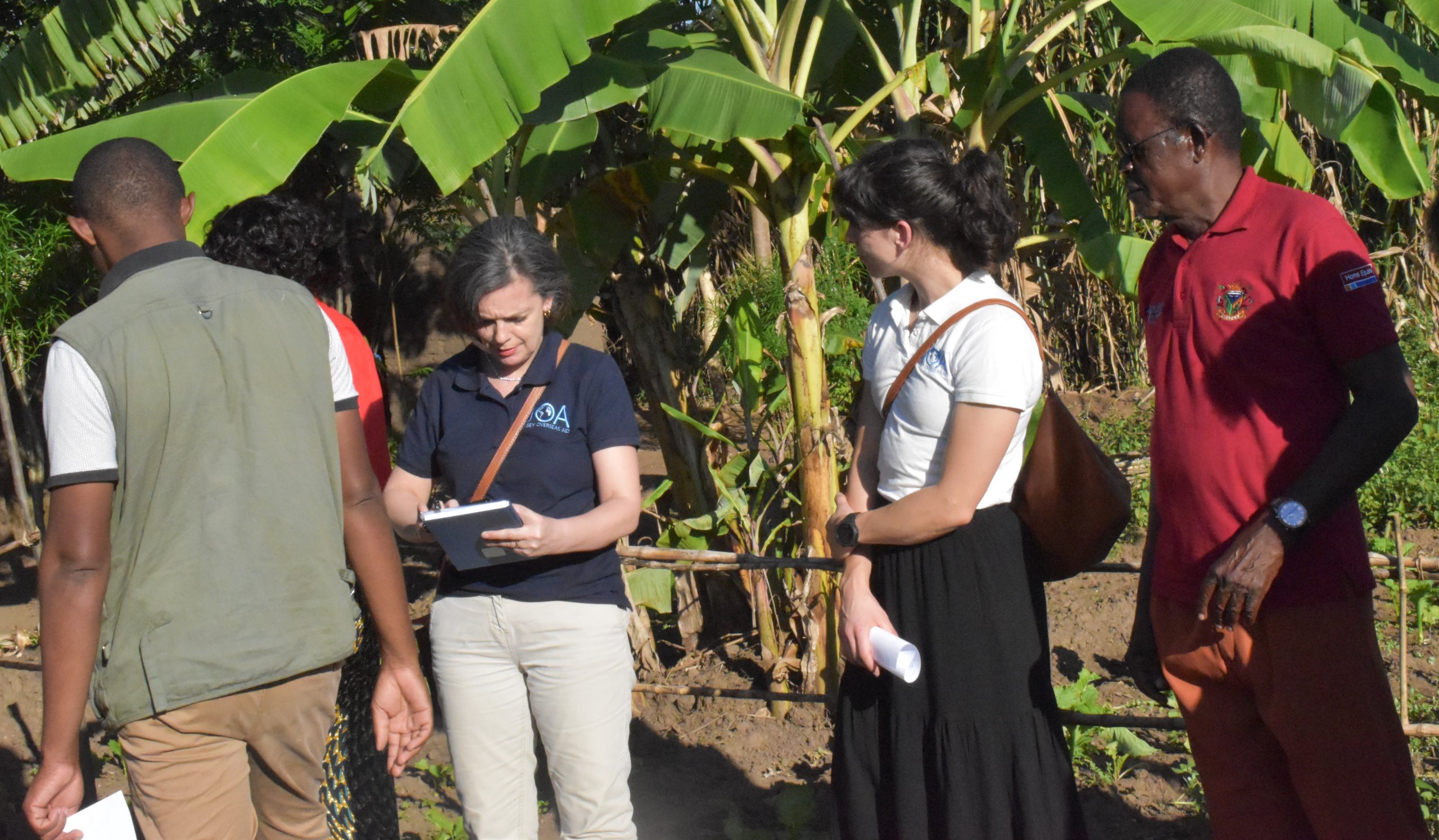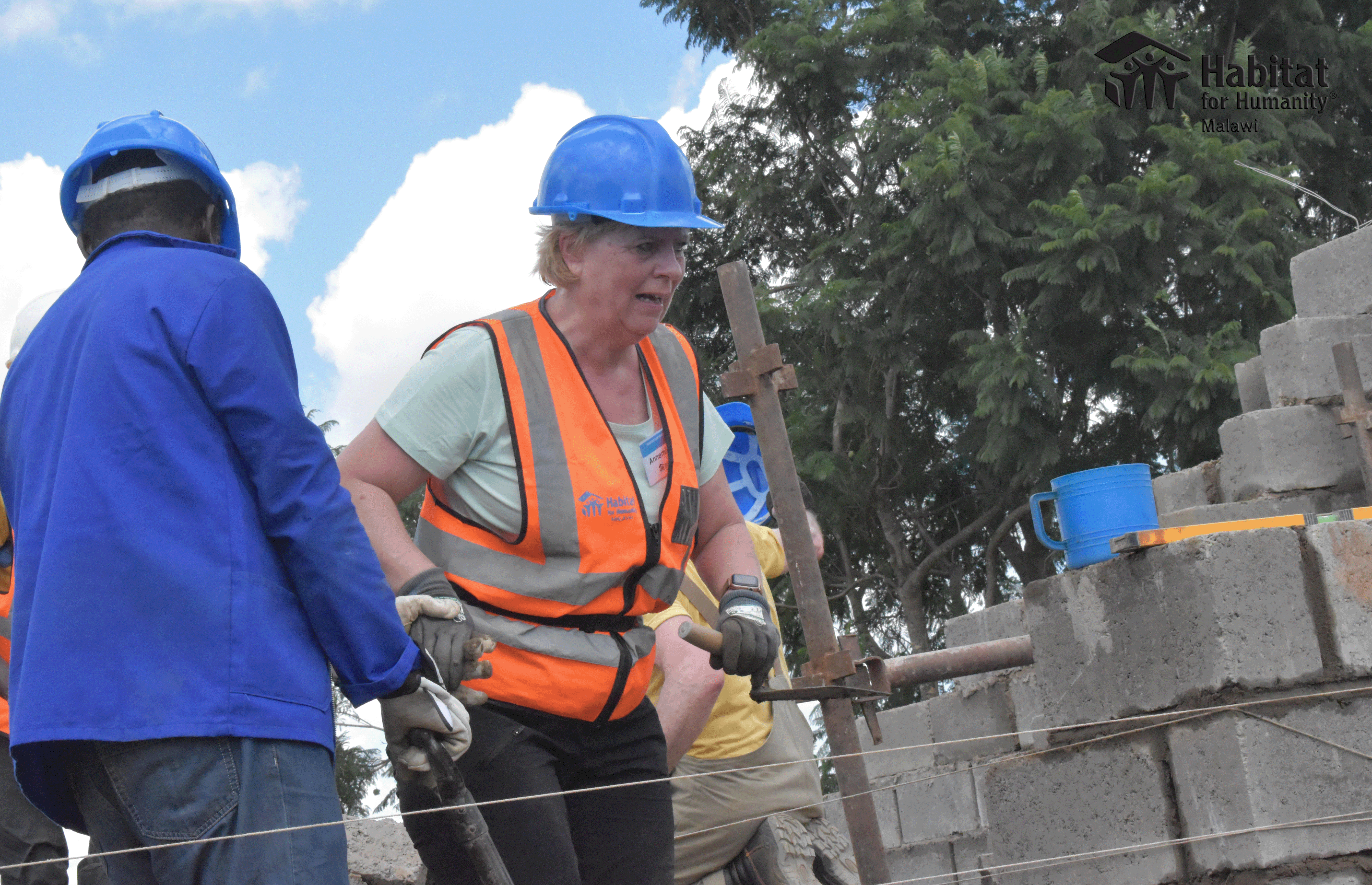

Through the Water, Sanitation and Hygeiene (WASH) project implemented in Lilongwe, Habitat for Humanity Malawi has supported communities to assess the effectiveness, quality, and impact of project and services they are receiving from the organization. Habitat for Humanity regularly meets these monitoring committees to get feedback on their impression of the success and challenges they may have observed during the implementation of the project. Such one meeting was conducted in Traditional Authority Masumbankhunda in Lilongwe where Habitat for Humanity Malawi is providing safe water and sanitation facilities to the communities. The project is funded by the Federal Ministry For Economic Cooperation and Development (BMZ) and partly by Habitat for Humanity Germany.
Considering the benefits of this working arrangement, the Project Officer narrated the value observed in involving the communities in monitoring their projects.
Tryness Banda had this to say,
“Every three months, we meet with the community-based monitoring committees to collect the data forms and learn from them the project’s best practices and areas that need improvement. The involvement of the community in project monitoring improves accountability and transparency in the implementation of the project. The information about the project is easily accessed by the community. This has improved the commitment of the community towards the project. When we have challenges, we quickly and collectively solve them. Furthermore, the establishment of these community-based committees has helped to build the capacities of members of the communities to monitor projects, thereby promoting their ownership over projects”.
Tryness Banda, WASH project Officer for BMZ funded project in Lilongwe.
So far, the project has drilled 16 new boreholes and rehabilitated 15 old boreholes in the 30 villages. The project has trained 60 community members that form part of the community-based monitoring committees within the project targeted communities. Overall, the project interventions contribute towards the achievements of SDG 6 and the National Water Policy. The former ensures that everyone has access to water and sanitation and the latter advocates that every Malawian should have access to sufficient water of acceptable quality and sanitation facilities.



